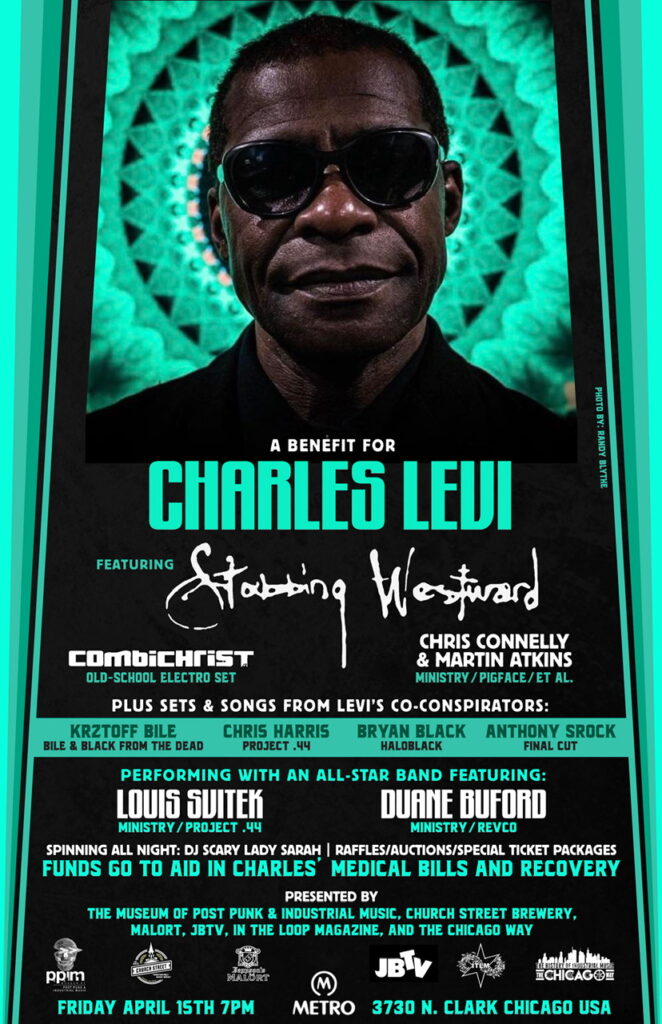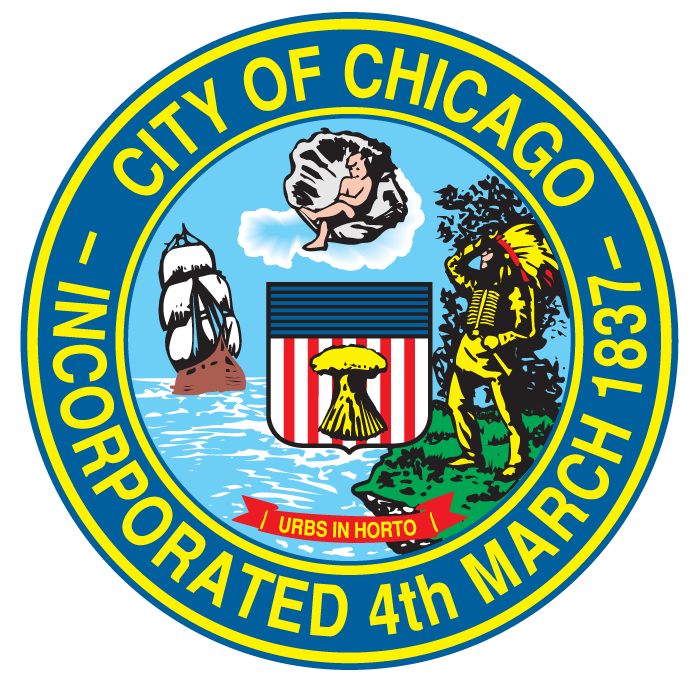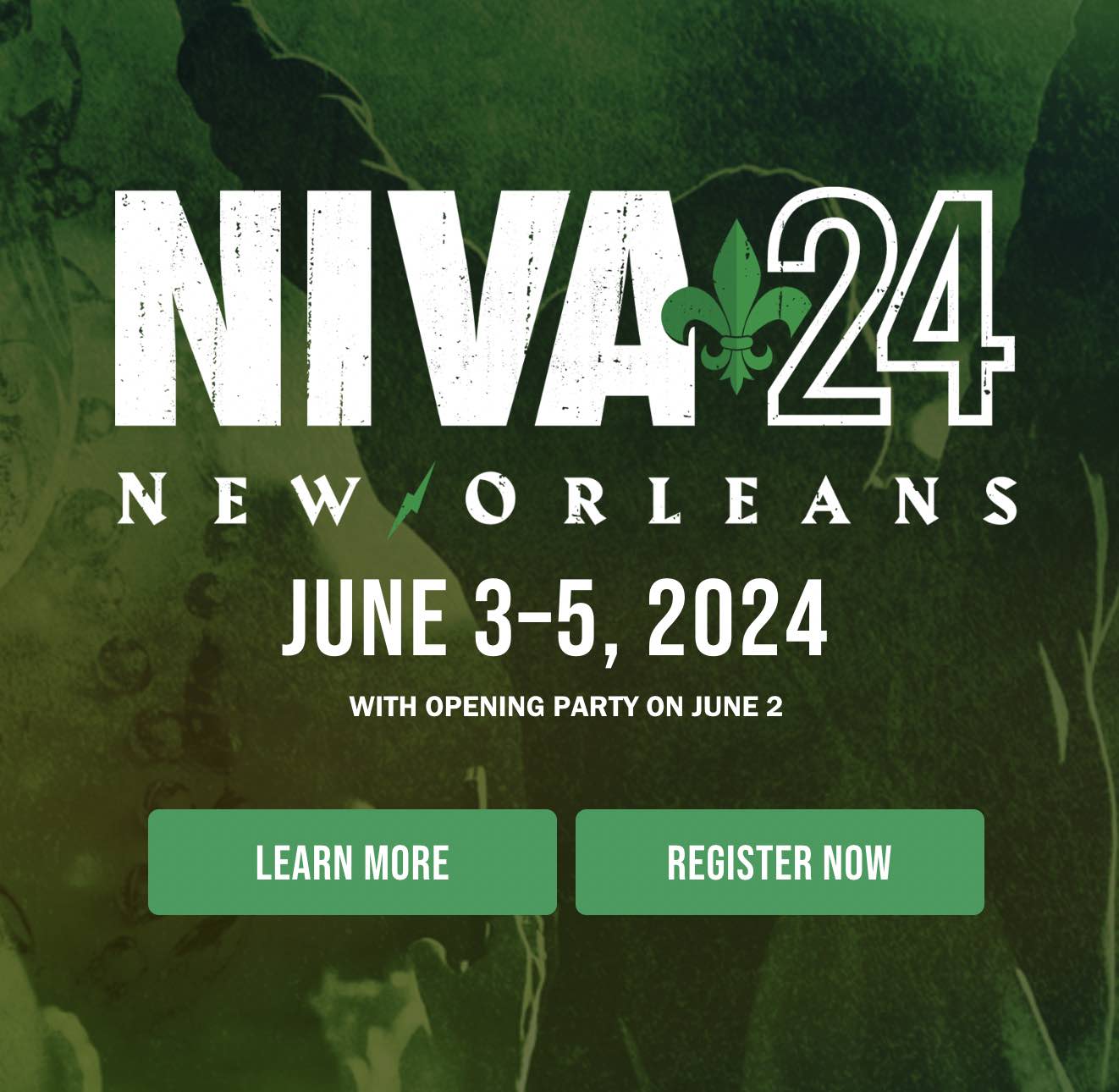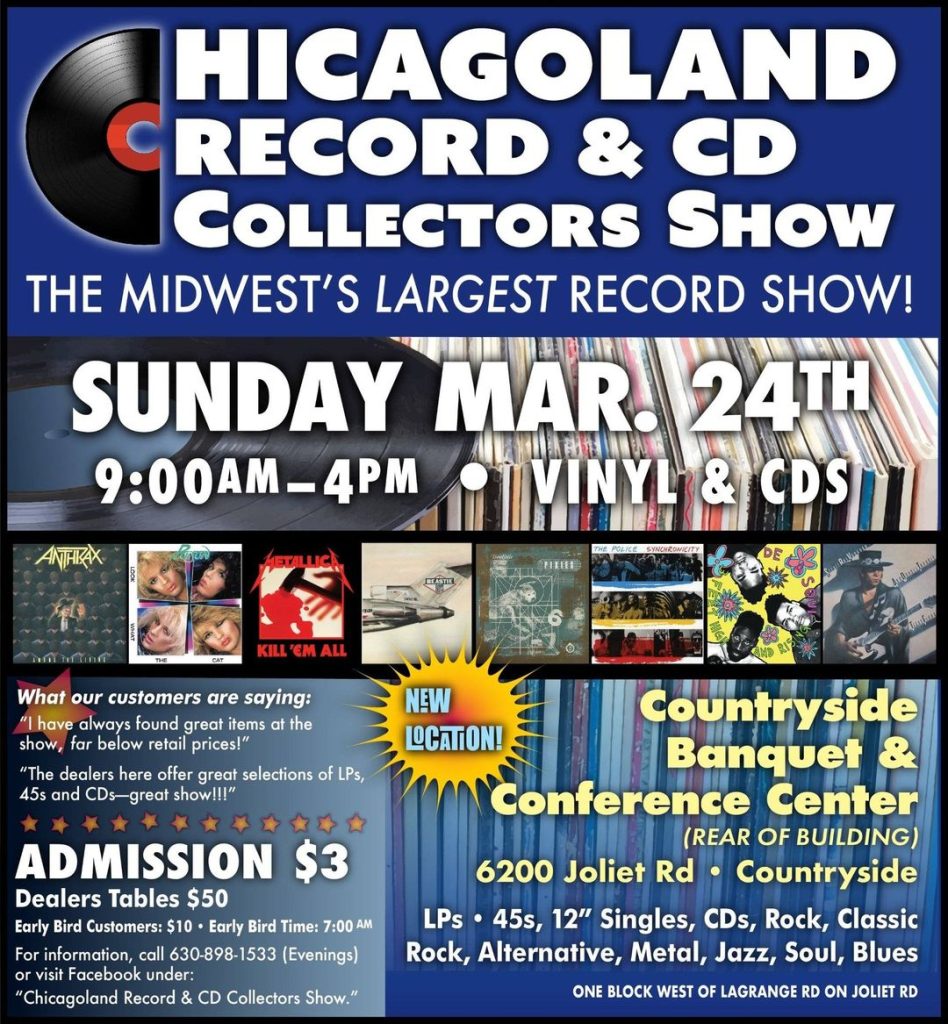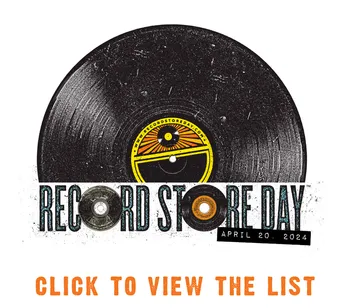Latest News
- Legendary Mask Maker, Zagone Studios, Approaches Fifty-Years Of Innovation Right Here In Chicago
- No Hype, Just Volume: Sound Fury Magazine Brings The Underground To Goat Village
- Kid Cudi Returns In 2026 With ‘The Rebel Ragers Tour’ Featuring Special Guests M.I.A., Big Boi, A-Trak, me n ü, And Dot Da Genius
- Chicago’s Independent Music Venues Contribute $2.8 Billion to Local Economy Proving An Important Pulse On The Scene But Is It Enough
- Chicago Band The Head Caution Team Up With WREX And Guns & Ammunition For One Night Only At Live Wire Lounge
- Colonel Claypool, Les Claypool, Announce 2026 Tour Bringing Together Primus, Claypool Lennon Delirium and Frog Brigade With Date At Salt Shed
Mama, He’s Come Home. Ozzy Osbourne Passed And The Metal World Mourns.
Jul 22, 2025 admin_bitlc Breaking News, Features, Music News, Reviews, This Just In 0
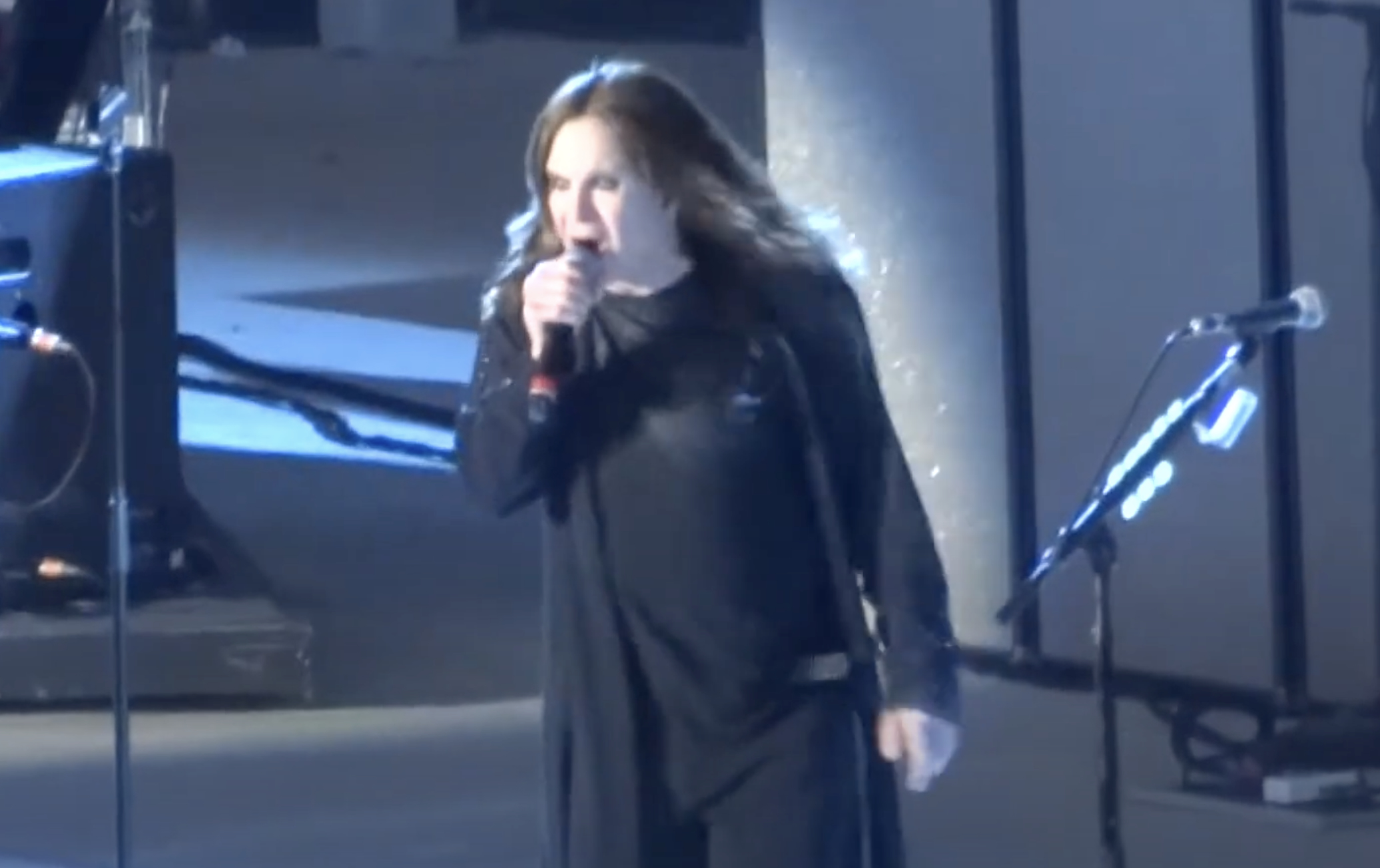
By James Currie
It’s the end of a chapter written in blood, riffs, and raw rebellion. When Black Sabbath took their final bow last week in Birmingham, where it all began, fans around the world mourned the closing of heavy metal’s original gospel. But for Chicago, the farewell came years earlier, and it was personal.
On a hot steamy July night in 2017, Ozzy Osbourne headlined what would become his next to last final solo performance in the Windy City at the Chicago Open Air Festival. The roar of thousands of fans filled Toyota Park in Bridgeview as the “Prince of Darkness” prowled the stage, eyes blazing, arms stretched like a rock ‘n’ roll messiah. That night, the crowd knew they were witnessing something sacred.
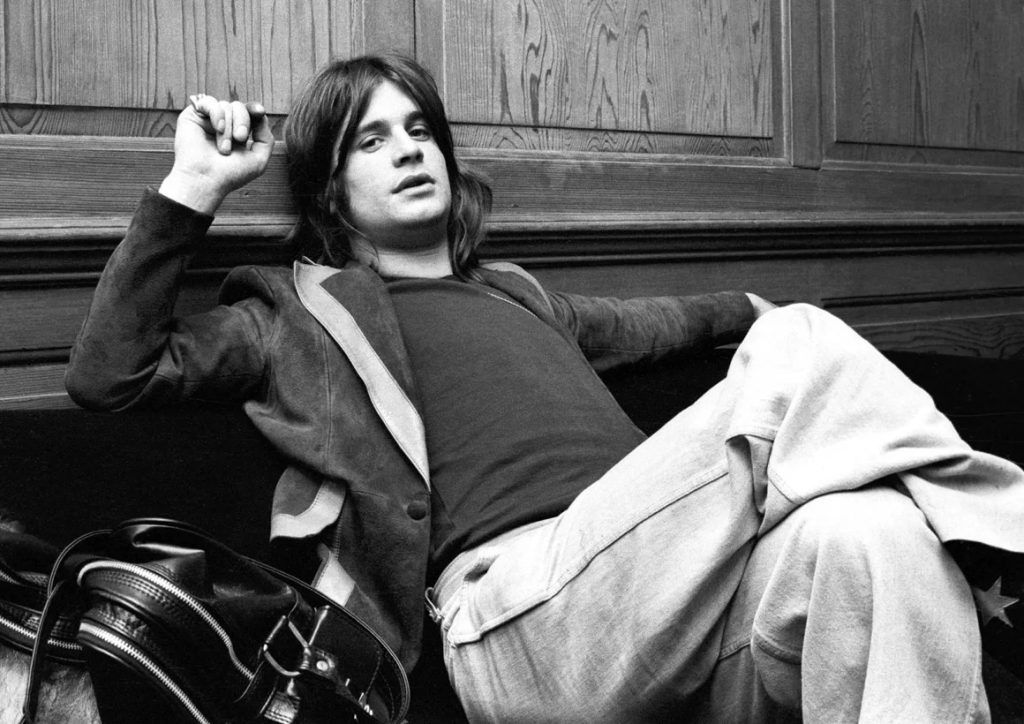
He wasn’t just a festival headliner. It was a moment of gratitude, a heavy metal communion between Chicagoans and one of their rock icons. This tour date was only one of a hand full for 2017 as Ozzy was only doing festivals.
Ozzy’s connection to Chicago goes deeper than tour stops and screaming crowds. This city of steel and grit always felt like home turf for the Madman. Chicago radio stations like WLUP and Q101 championed Sabbath and Ozzy’s solo catalog through the ’80s and ’90s, making him a mainstay on Midwestern airwaves long after coastal trends shifted.
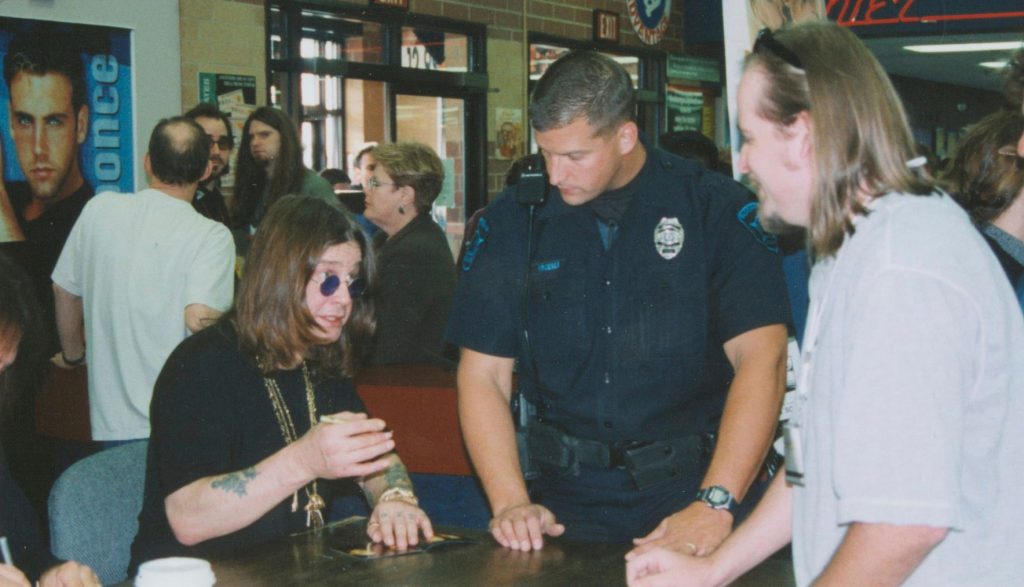
He even came through the area stopping off in Schaumburg, Illinois’ Tower Records in 1998. It was during Black Sabbaths Reunion tour. He, along with the rest of the band, signed autographs and meet with fans as they came through.
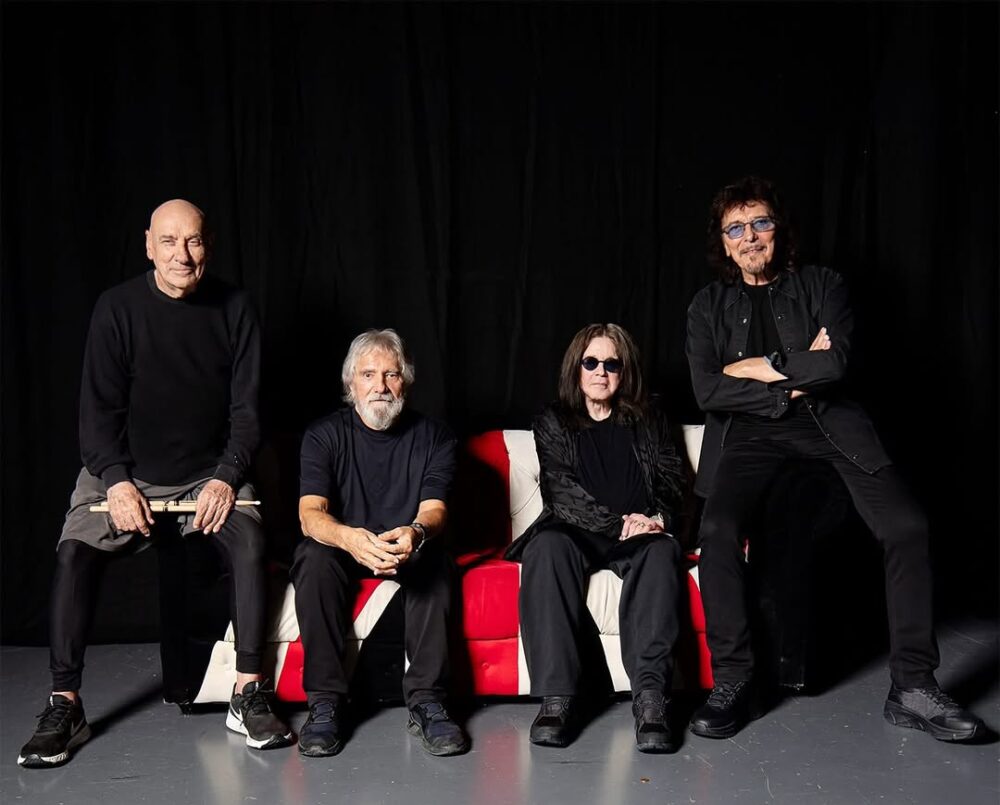
In the early days of Ozzfest, Chicago was always a guaranteed stop and a wild one at that. Whether it was a riotous set at Tinley Park or late-night chaos in the city’s legendary rock clubs, Ozzy made sure Chicago always got the full, unfiltered experience.
There’s always been whispers, even among crew members and festival organizers, that Ozzy had a soft spot for Chicago’s tough love. “It’s a hard city,” he once said in 2001 at Ozzfest, “They get it. They get me.”
When Ozzy walked onstage at Chicago Open Air in 2017, backed by Zakk Wylde’s screaming guitar and a pyrotechnic light show that scorched the skyline, it felt like a celebration of survival. He tore through classics like “Bark at the Moon,” “No More Tears,” and “Mr. Crowley” with the same manic energy that first shocked audiences nearly half a century before.
Here’s a video of Ozzy playing at Chicago Open Air.
But there was a deeper undercurrent, an unspoken goodbye. At 68, Ozzy looked weary but defiant, shouting “God bless you all!” to the sea of fans that had followed him through darkness and debauchery, through Sabbath and sobriety, and back again.
“This may be my last time here,” he mumbled into the mic between songs. “Thank you, Chicago, for always sticking by this crazy bastard.” Nobody wanted to believe it.
Fast forward to last week: Black Sabbath played their true last note in Birmingham, England, the very soil where Tony Iommi, Geezer Butler, Bill Ward, and Ozzy first invented the ominous tones that would define metal forever. Ozzy’s voice rang out on “Paranoid,” perhaps a little softer than in his youth, but no less powerful. Fans cried. The world took a collective breath.
It was over.
Ozzy Osbourne is more than a vocalist. He’s a symbol. A survivor of fame, addiction and the music industry’s brutal grind. He helped birth heavy metal and carried it into the mainstream with equal parts madness and genius. His legacy is etched into the DNA of every hard rock band that followed, from Metallica to Slipknot.
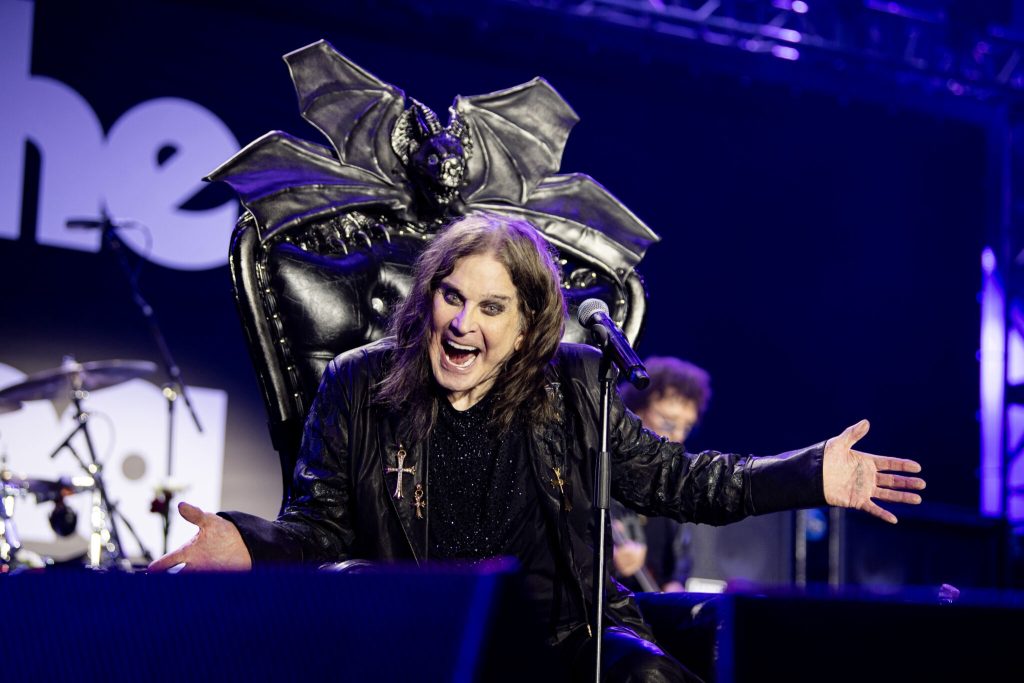
For Chicagoans, his 2017 show was more than a tour stop, it was the end of a personal era. A last dance with a madman who always gave them everything. And though the curtain has fallen, the echoes of “Crazy Train” still thunder across the skyline.
Ozzy may have left the stage, but he’ll never leave Chicago’s heart.
Related Articles
-
 Legendary Mask Maker, Zagone Studios,...
Legendary Mask Maker, Zagone Studios,...Oct 25, 2021 1
-
 No Hype, Just Volume: Sound Fury...
No Hype, Just Volume: Sound Fury...Jan 27, 2026 0
-
 Kid Cudi Returns In 2026 With ‘The...
Kid Cudi Returns In 2026 With ‘The...Jan 26, 2026 0
-
 Chicago’s Independent Music Venues...
Chicago’s Independent Music Venues...Jan 21, 2026 0
-
 Chicago Band The Head Caution Team Up...
Chicago Band The Head Caution Team Up...Jan 20, 2026 0
More in this category
-
 No Hype, Just Volume: Sound Fury...
No Hype, Just Volume: Sound Fury...Jan 27, 2026 0
-
 Kid Cudi Returns In 2026 With ‘The...
Kid Cudi Returns In 2026 With ‘The...Jan 26, 2026 0
-
 Chicago’s Independent Music Venues...
Chicago’s Independent Music Venues...Jan 21, 2026 0
-
 Chicago Band The Head Caution Team Up...
Chicago Band The Head Caution Team Up...Jan 20, 2026 0



